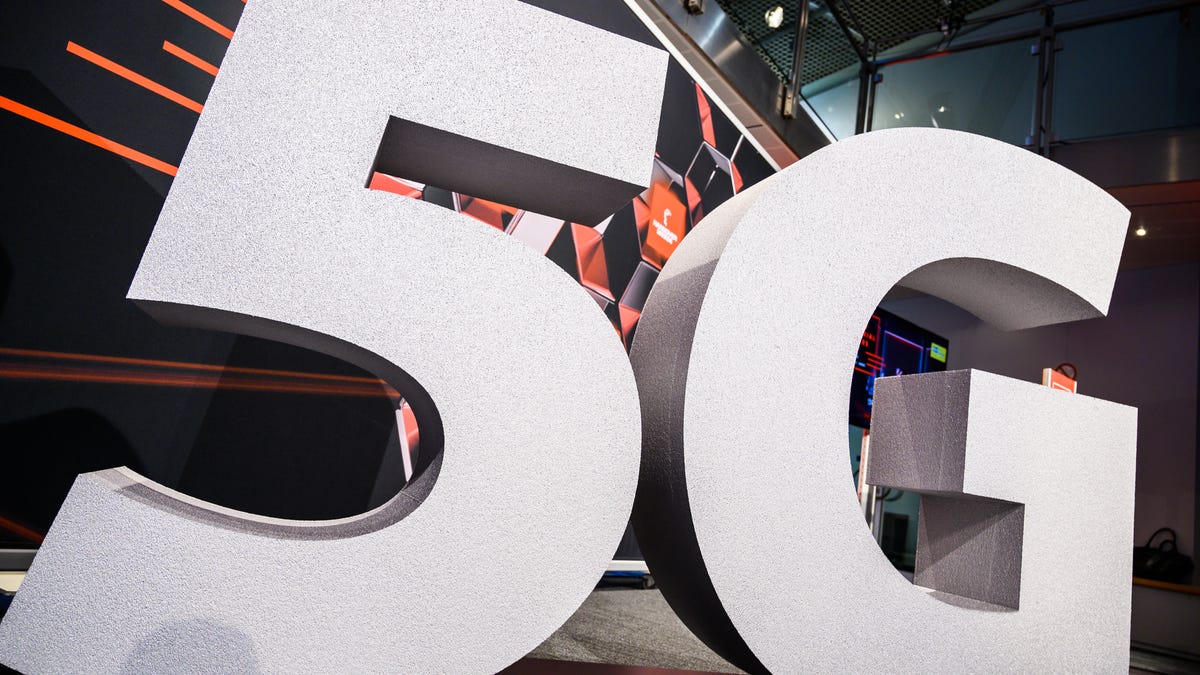About one in three Americans think they have 5G
A recent survey finds that millions of people are potentially confused about their phones and the cell service they have.

5G may not be everywhere, but everyone's talking about it.
It's not just Uncle Larry who's confused. Potentially millions of people don't appear to understand whether their smartphone is capable of running on 5G wireless technology, or whether they're even surfing with it now or not.
Decluttr, a phone refurbishment service, surveyed 2,000 US smartphone owners in late May and found that about a third of respondents believed they had a device capable of 5G wireless connections. Of them, 40% were Apple iPhone owners (Apple hasn't yet released a 5G iPhone), and 31% owned a Samsung device (Samsung's Galaxy S10 5G phone only went on sale a couple months ago, for $1,300). Moreover, 62% of those who thought they had a 5G-capable device say they've noticed improved mobile service.
The data is the latest sign of confusion over the next-generation wireless technology, which has only become available in some large cities like New York, Chicago, London, Sydney and Seoul. CNET's own tests in 13 cities found the technology is living up to some of its hype, with speeds better than many people's wired home internet connections. But coverage is spotty and inconsistent for now.
"Blazing speeds, a responsive network, and extensive coverage make up 5G's Holy Grail," wrote CNET's Jessica Dolcourt. "And while carriers want to act fast to build out their networks, the customer should move slower. You may not have much of a choice if 5G isn't live in your area."
And for those who don't, there appears to be a bit of confusion. Some of that is sown by the carriers themselves. AT&T , for example, has begun marketing "5G E" service, a rebranding and upgrade of its existing 4G LTE service, promising faster speeds. Some tests found AT&T's 5G E was slower than competing 4G service. And in April, AT&T settled a false advertising suit with its competitor Sprint , which accused AT&T of "numerous deceptive tactics to mislead consumers" about 5G.
All that confusion appears to have taken a toll on the consumers that Decluttr surveyed, who may be overestimating the technology in their devices. Among those the firm surveyed, 46% of all customers on AT&T, 40% of those on T-Mobile and 27% of people on Verizon also believed they had a "5G capable" device.
"Whilst 5G may be the word on everyone's lips, many Americans don't truly understand this upgrade to the mobile network," Decluttr said in a statement.
Representatives for Apple, Samsung and the various US carriers didn't immediately respond to requests for comment.

